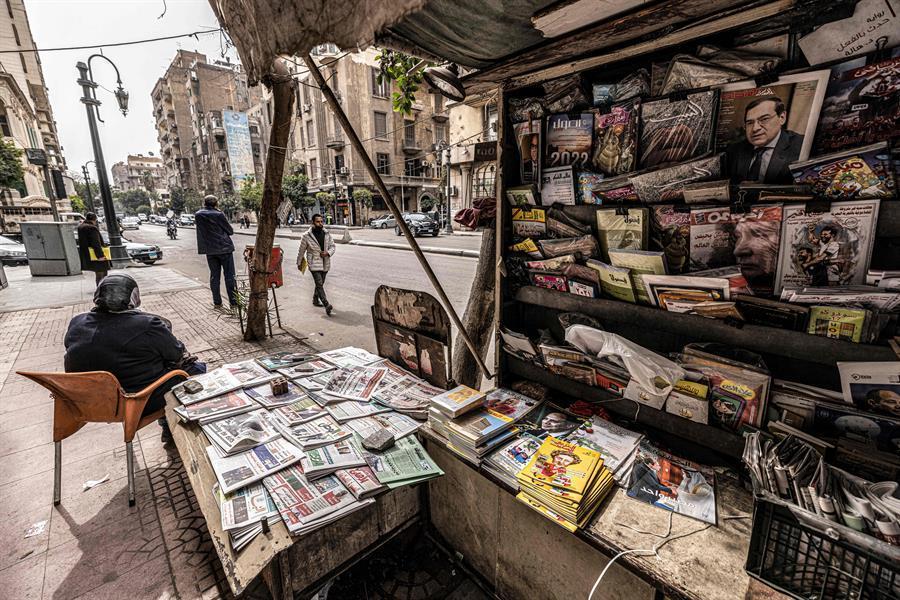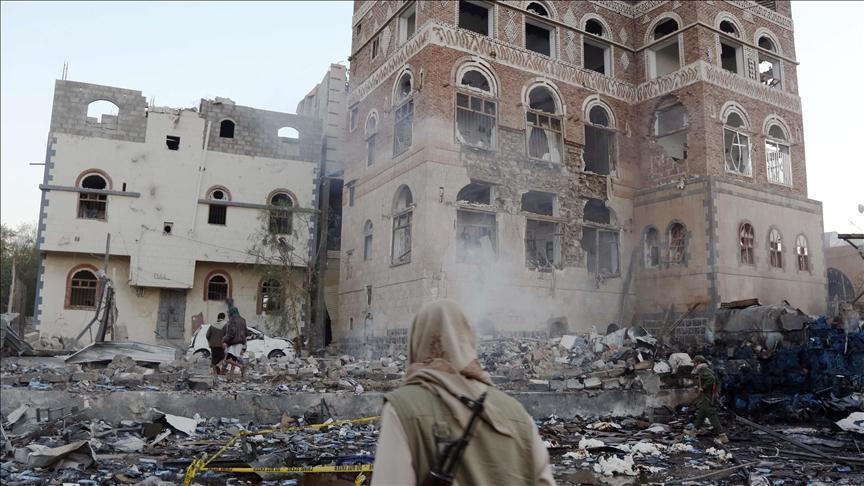Cairo’s newsstands go silent as sales collapse
CAIRO

Egypt’s print media has been in sharp decline as news has moved mostly online and readers tend to stay up-to-date via their smartphones.
Newspaper sellers were once a dime a dozen on Cairo’s bustling streets, but now the vendors hawking hot-off-the-press editions have fallen almost silent.
As elsewhere in the world, Egypt’s print media has been in sharp decline as news has moved mostly online and readers tend to stay up-to-date via their smartphones.
In Egypt, a country of 103 million people, the trend has been especially stark since the government, which publishes most newspapers, has also raised their prices.
“No one buys newspapers anymore, especially since they got more expensive,” said a vendor in her 50s known as Umm Mohammed, wearing a woollen shawl against the winter chill.
Critics also bemoan the homogeneity of the press in a country tightly ruled by army-marshall-turned-President Abdel Fattah al-Sisi, where censorship and self-censorship are common.
The stacks of newspapers and magazines before Umm Mohammed have hardly shrunk all morning, she said, sitting at her kiosk in Cairo’s western Dokki district.
Between 6 am and 3 pm, she said she had earned just 15 Egyptian pounds, or about $1.
The government three years ago raised prices of dailies from two to three pounds, and of weeklies from three to four pounds, citing costlier raw materials and dwindling subscriptions.
This dampened print circulation in the Arab world’s largest country, where the average family income is around 6,000 EGP, or $380, per month.
Sales collapsed further last July when the government scrapped evening newspaper print editions.
Circulation roughly halved from more than one million copies to 539,000 over the decade.
According to official statistics, Egypt in 2019 published 67 titles, public, private or linked to political parties, down from 142 in 2010.
















